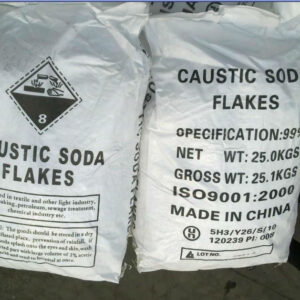What is Vermicomposting?
Vermicomposting is the product or process of composting using various worms, usually red wigglers, white worms, and other earthworms, to create a heterogeneous mixture of decomposing vegetable or food waste, bedding materials, and vermicast, which are also called worm castings, worm humus or worm manure. It is the end-product of the breakdown of organic matter by an earthworm. These castings have been shown to contain reduced levels of contaminants and a higher saturation of nutrients than do organic materials before vermicomposting.
Containing water-soluble nutrients, vermicompost is an excellent, nutrient-rich organic fertilizer and soil conditioner. While there are nutrients in worm castings, the real benefit to worm castings are the millions of beneficial microbes that they contain. Those microbes eat organic matter in the soil and release available plant nutrients. Fungi in the castings form symbiotic relationships to transport water and nutrients to the roots. They can also hold water in the soil and help with water management. Worm castings have at least 10 times more microbes than soil or regular compost. While vermicomposting is generally known as a nutrient rich source of organic compost used in farming and small scale sustainable, organic farming, the process of vermicasting is being studied as a treatment for organic waste in sewage and wastewater plants around the world.
Worms eat food scraps, which become compost as they pass through the worm’s body. Compost exits the worm through its tail end. This compost can then be used to grow plants. Vermicomposting is good for plants because the worms are eating nutrient-rich fruit and vegetable scraps and turning them into nutrient-rich compost.
Benefits of Vermicompost
Compost has the unique ability to improve the properties of soils and growing media physically (structurally), chemically (nutritionally), and biologically. Other compost benefits include:
- Improves the soil structure, porosity, and density, thus creating a better plant root environment
- Increases infiltration and permeability of heavy soils, thus reducing erosion and runoff
- Improves water holding capacity, thus reducing water loss and leaching in sandy soils
- Supplies a variety of macro and micronutrients
- May control or suppress certain soil-borne plant pathogens
- Supplies significant quantities of organic matter
- Improves cation exchange capacity (CEC) of soils and growing media, thus improving their ability to hold nutrients for plant use
- Supplies beneficial microorganisms to soils and growing media
- Improves and stabilizes soil Ph
- Can bind and degrade specific pollutants





Reviews
There are no reviews yet.